Much like humans during the holidays, fish seldom catch just one...
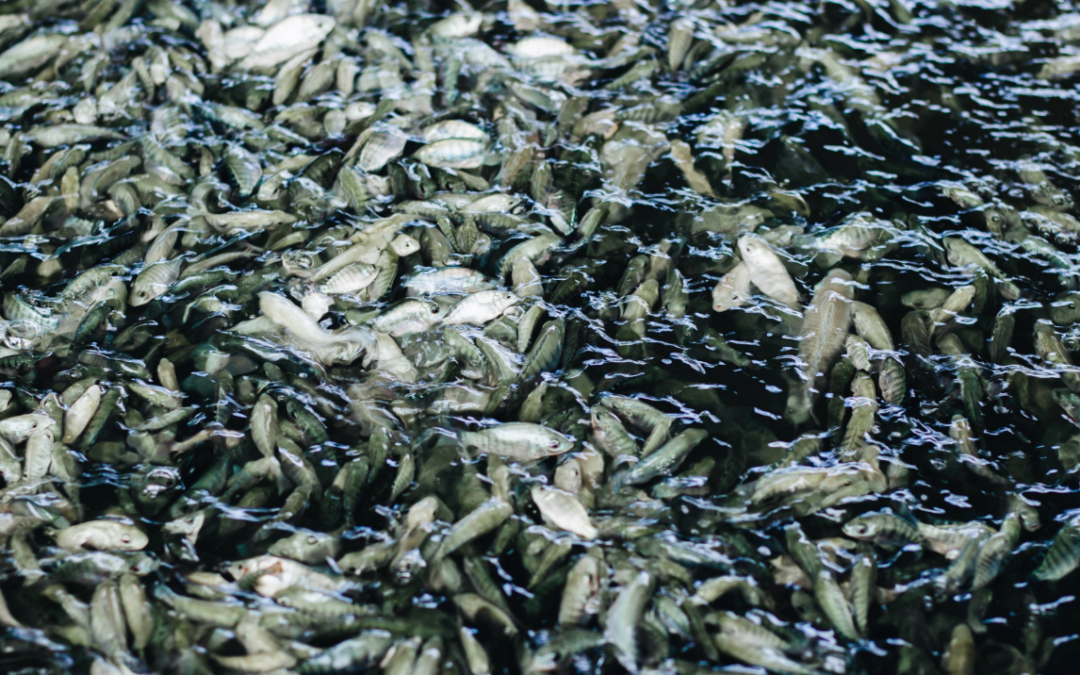

Much like humans during the holidays, fish seldom catch just one...
The holiday season means a time for not only giving gifts but giving back to our communities with a joyful spirit. Jeremy Pickens, assistant extension professor at Auburn University, spread holiday cheer by donating 200 Christmas trees through the Trees for Troops...
When food poisoning strikes people often spend hours wondering what they ate or touched to cause the illness. Fortunately, poultry scientists at Auburn University dedicate countless hours to advancing food safety practices—from production and processing all the way to...
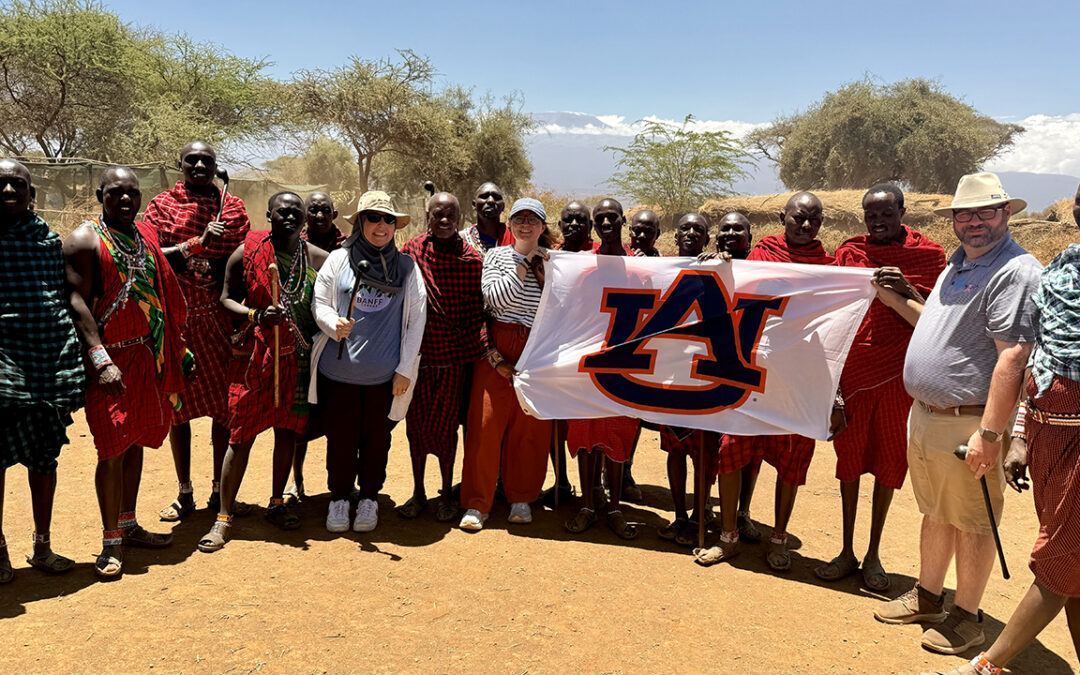
The Animal Science and Forages team at Auburn University is making an impact not only in Alabama but increasingly on a global scale through their research...
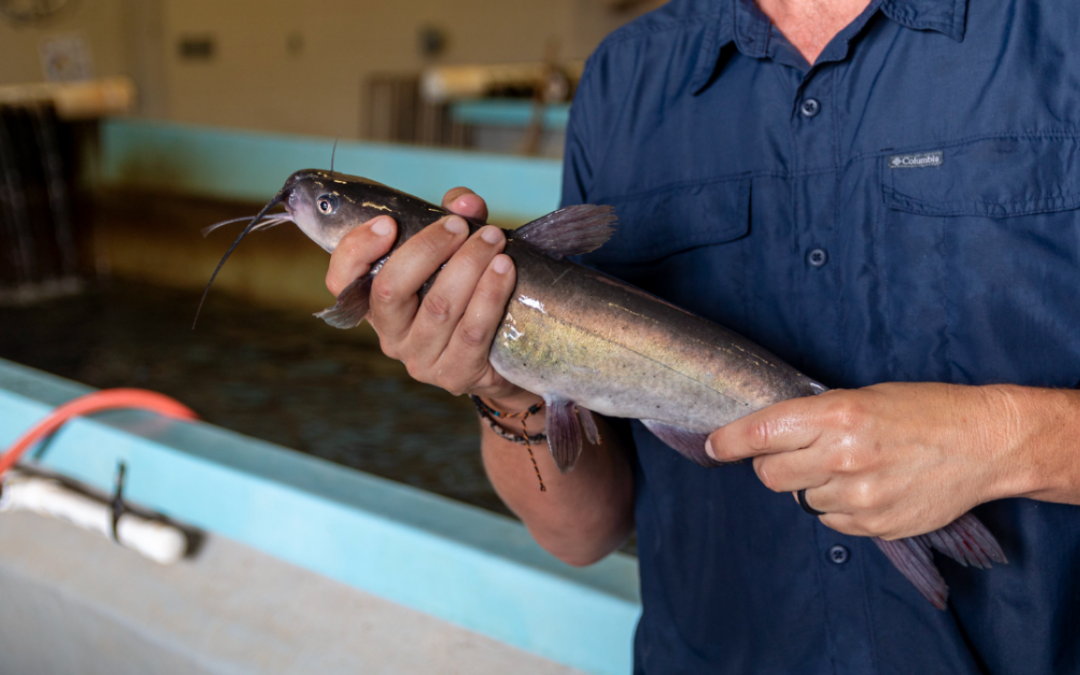
Fish scientists at Auburn University have recently refined a gene replacement method for transferring a advantageous gene from alligators into catfish to increase...

The Auburn University Water Resources Center (AUWRC) and Auburn University College of Sciences and Mathematics (COSAM) were recently awarded an Environmental Literacy...
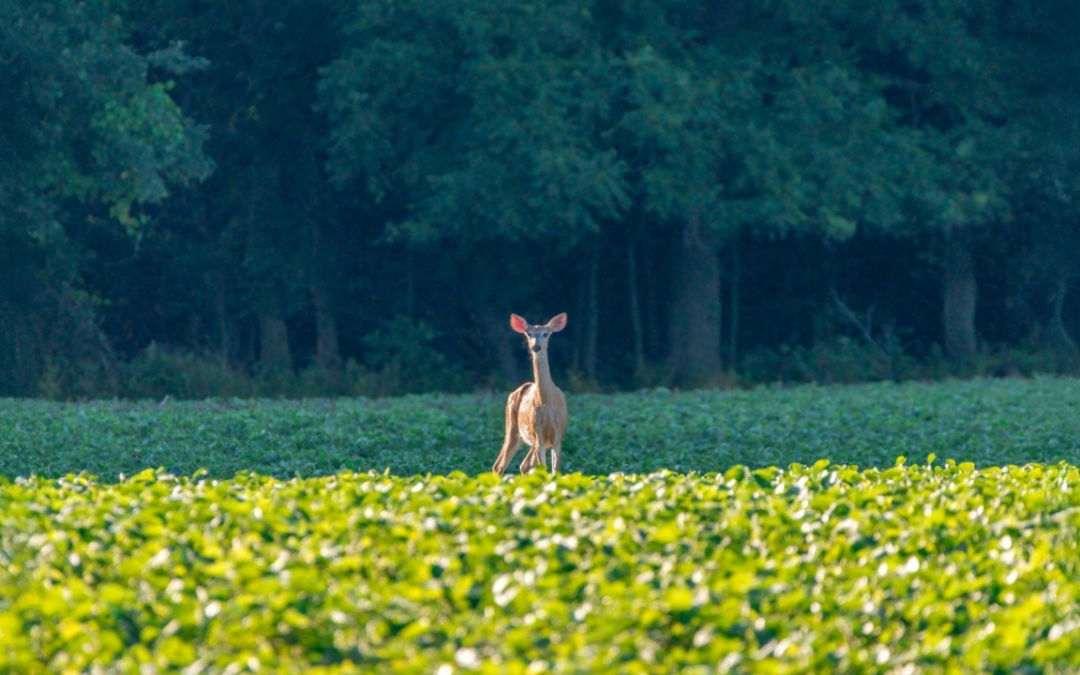
From seed selection to pesticide application, farmers work diligently to manage every factor that influences yield—but wildlife damage in row crops remains one of the most troublesome aspects to control. To help find solutions, assistant professor and Alabama...

There are few professions that embody a humble spirit more than being a farmhand. Whether it’s tilling the land or helping a cow deliver her first calf, the humble farmhand knows the value of manual labor but is rarely recognized for their toil and devotion. In...
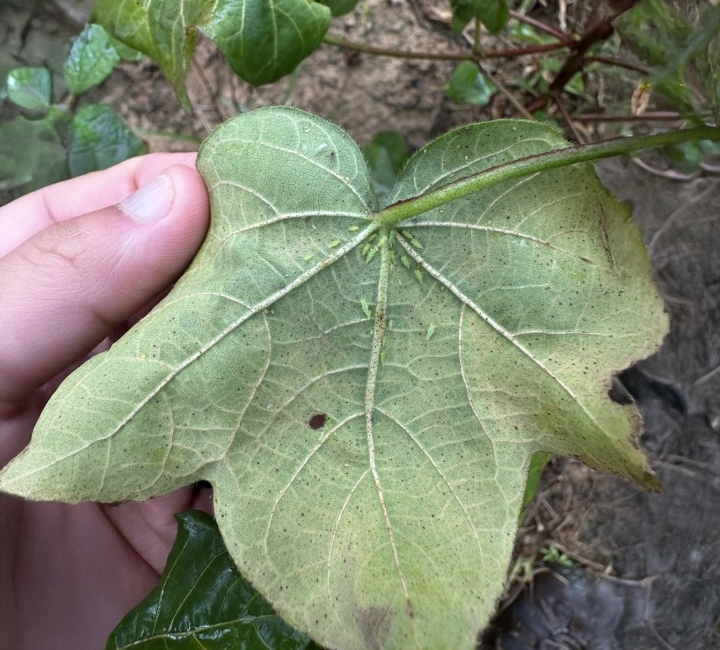
In an already stressful and trying growing season, researchers at Auburn University and Alabama Cooperative Extension professionals have confirmed an invasive insect, the two-spot cotton leafhopper, in cotton fields in Alabama. The insect is also commonly known as the...
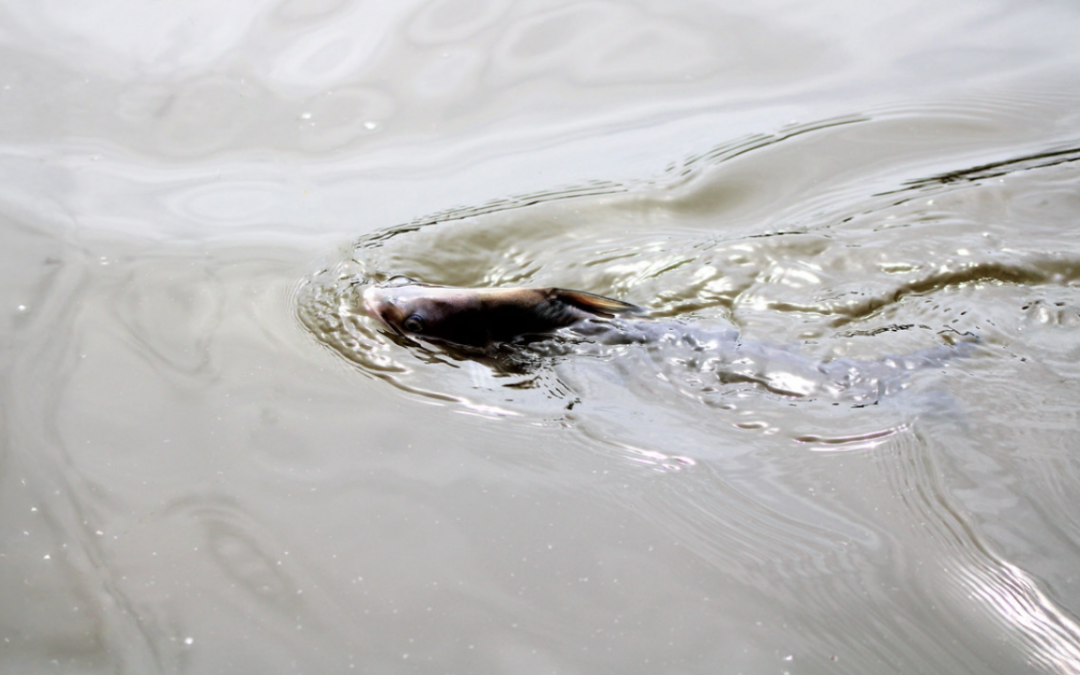
AU researchers work toward getting orally-delivered vaccines to catfish farmers

The College of Agriculture Scholarship Committee selected Alexandra “Lexie” Hare as the summer 2025 Dean’s Award recipient, recognizing her for academic excellence and service to the College of Agriculture. Hare graduated Saturday with a Bachelor of Science in...
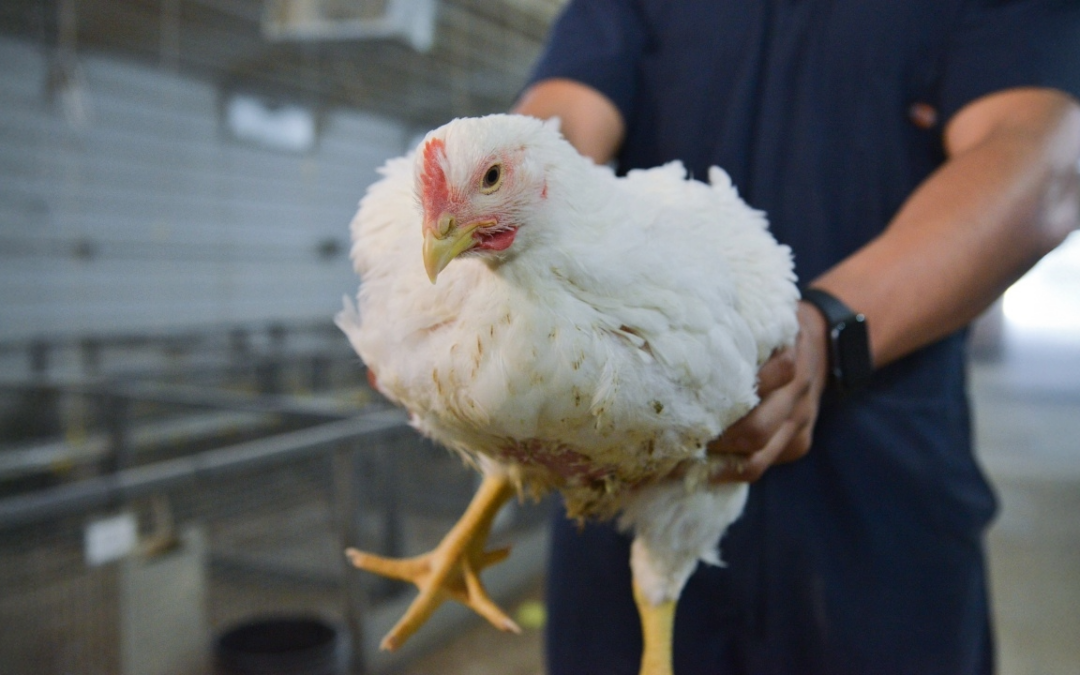
Researchers at Auburn University recently developed new methods for safely using poultry processing wastewater for food-grade hydroponic crop production. By eliminating pathogens, like salmonella, the research team was able to use wastewater from a poultry processing...
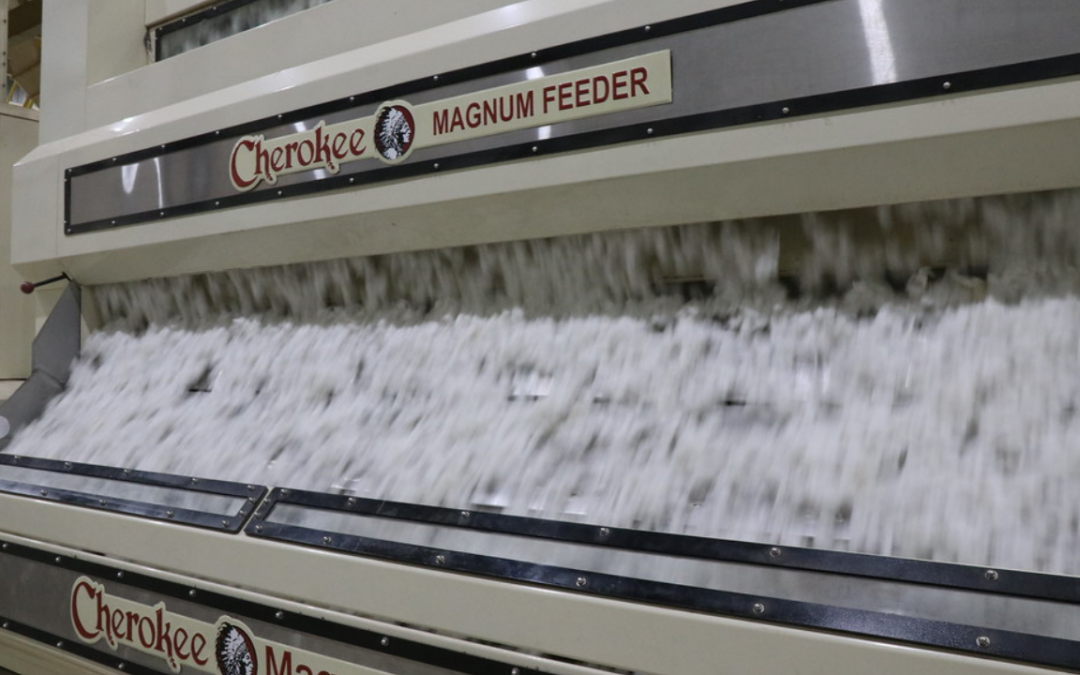
A fierce battle is being waged between cotton and polyester, with polyester edging ahead as the most widely used fiber in the world, for now. In fact, synthetic materials account for more than half of today’s overall market share.
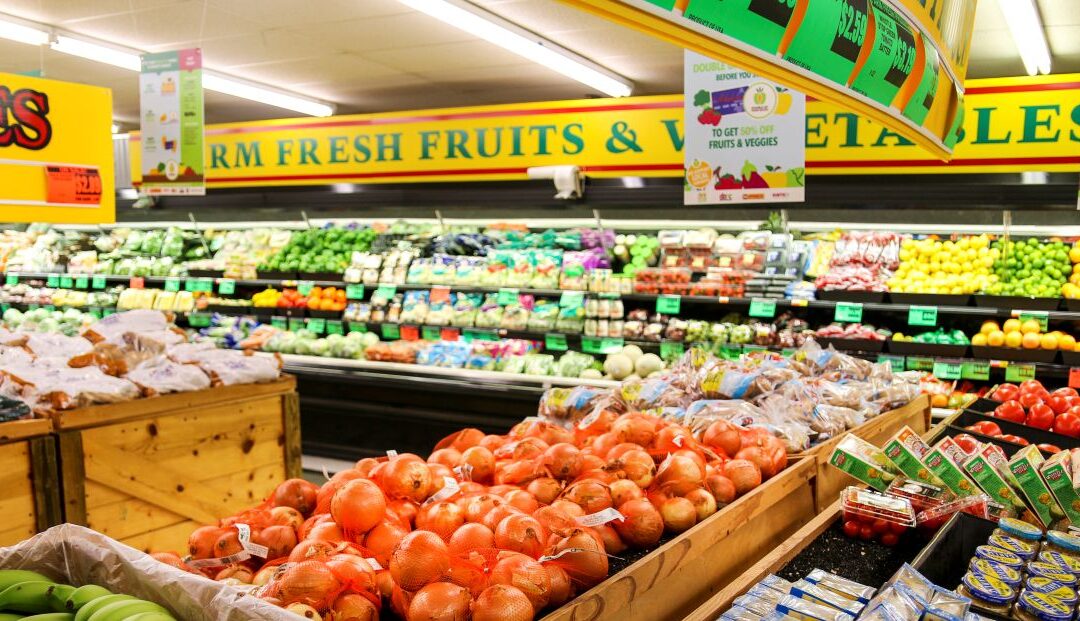
Double Up Food Bucks Alabama is enhancing communities by making fresh local produce more affordable and accessible at select grocery stores and farmers markets. The program is funded in part by the U.S. Department of Agriculture (USDA) with matching funds from state...
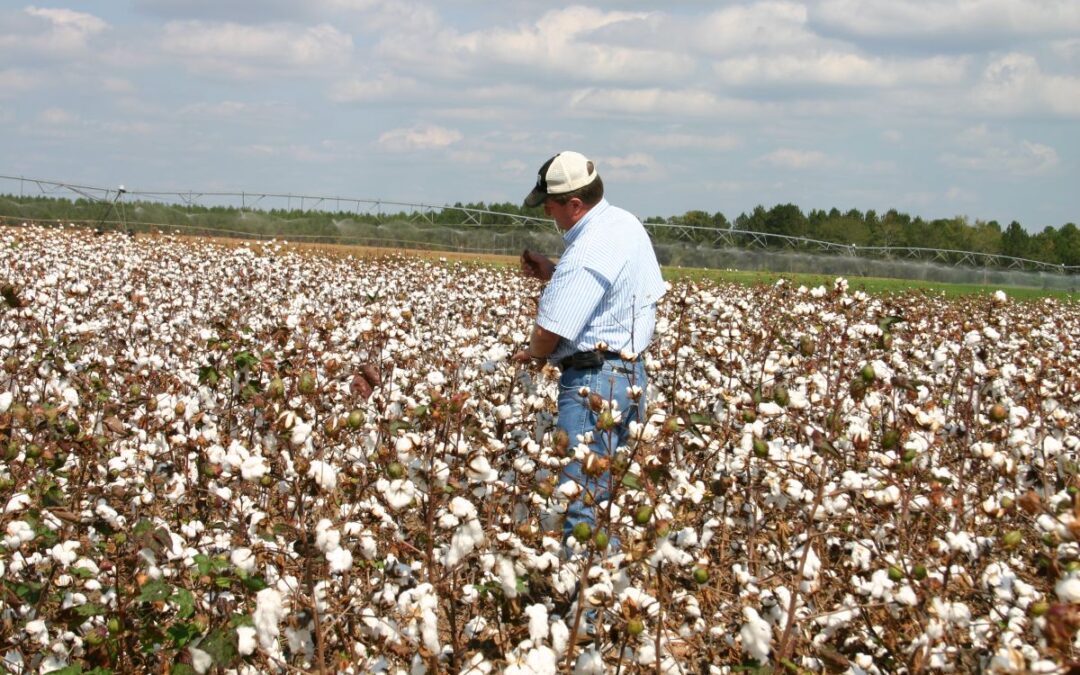
Cotton is undoubtedly one of the most recognizable plants in the world, with its heart-shaped leaves and branches that explode into powder-white fruit. But it’s also one of the more understudied field crops. “Previously, it was unclear where and which specific...
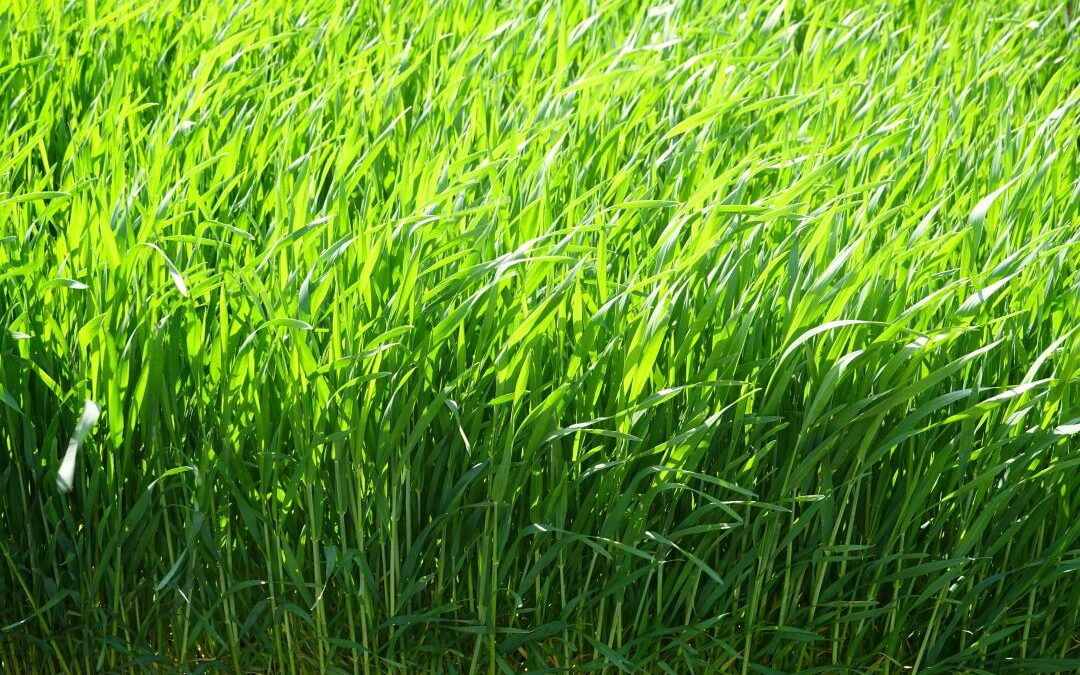
From the Coastal Plain to the Black Belt, Alabama cattle producers are utilizing forage systems to their advantage to meet the challenges of modern agriculture. Alabama ranks 17th nationally in beef cattle, according to the Alabama Cattlemen’s Association. Alabama...
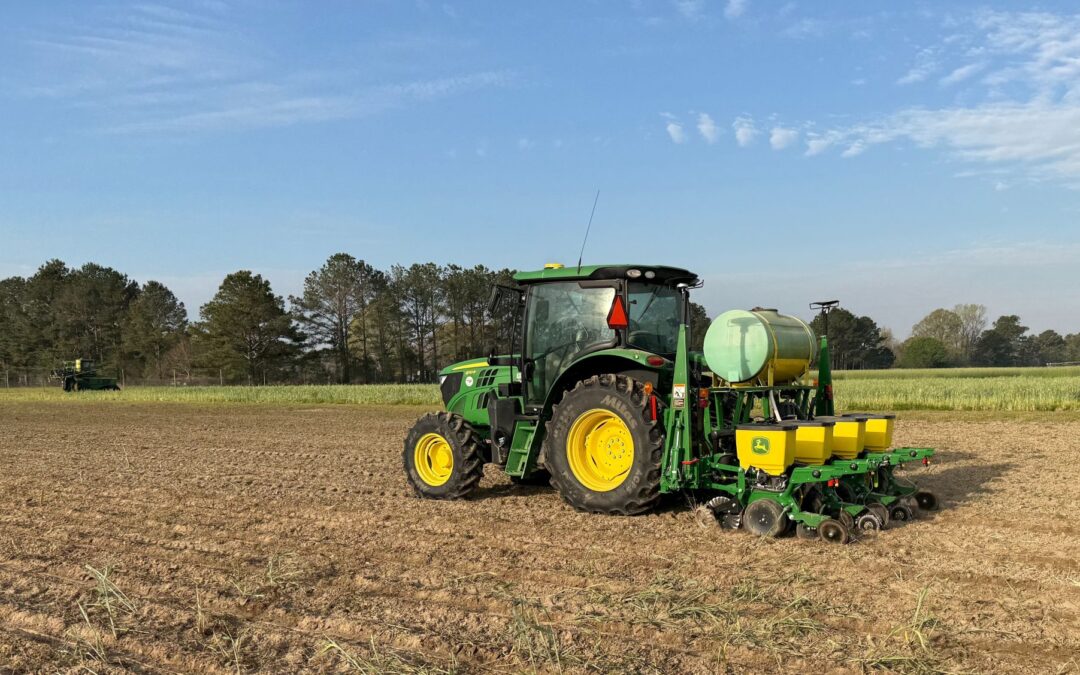
As spring planting shifts into high gear in farmers’ fields throughout the Southeast, few agricultural operations come close to matching the diversity of crops and locations as the outlying units of the Alabama Agricultural Experiment Station at Auburn University....
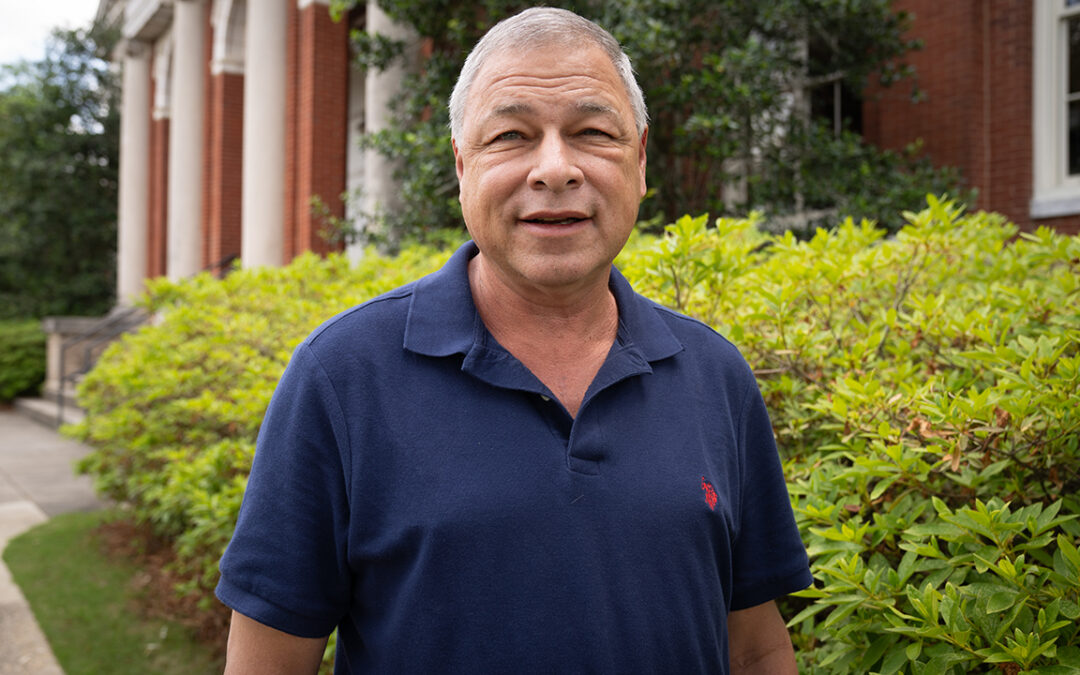
William Batchelor has been tapped as the new director of the Auburn University Water Resources Center, effective immediately. As director, he will lead a team of scientists working with communities, farmers, governments and agencies across Alabama to improve water...
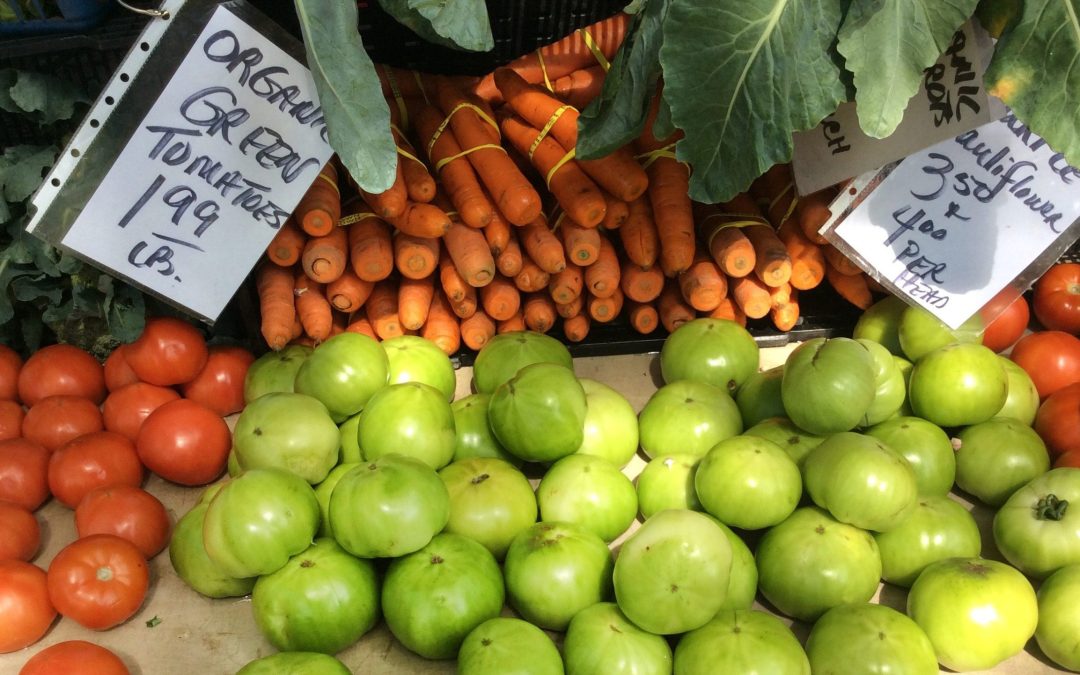
A recent study conducted by agricultural economists through the Alabama Agricultural Experiment Station examined consumers’ willingness to pay a premium for organic produce. In recent years, interest in organic produce has grown significantly; however, many...
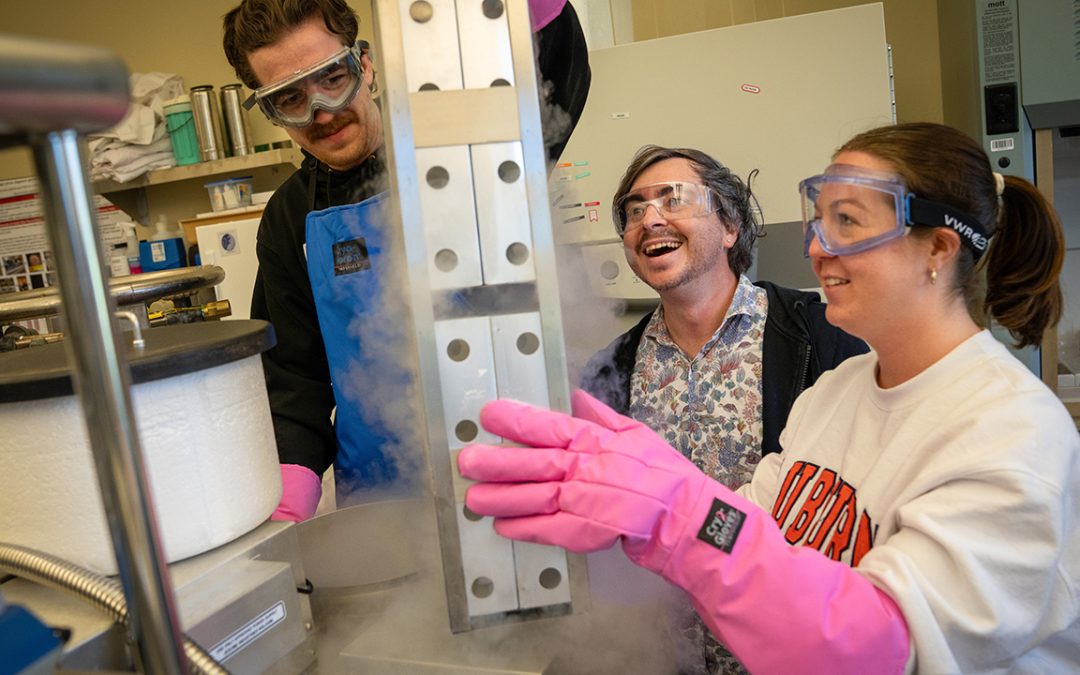
Better breeding ability would make catfish farming more efficient and profitable The $437 million U.S. catfish industry is in need of better genetic and breeding technologies to be competitive with foreign imports. Recently, Auburn scientists have made advances in...
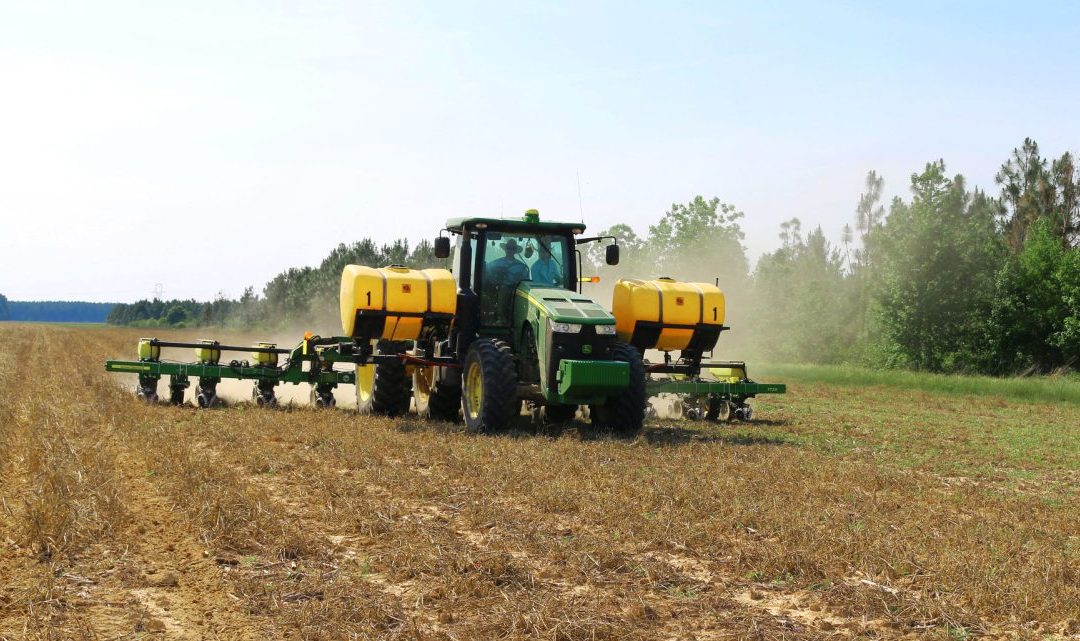
Is growing a cover crop on Alabama farms a solution or a problem for growers in the state who are trying to prevent soil and water erosion losses? A grant funded through the Alabama Agricultural Experiment Station research program for the current fiscal year will...

As 2024 draws to a close, Paul Patterson is stepping away from his roles as dean of the College of Agriculture and director of the Alabama Agricultural Experiment Station, effective Jan. 1. He led both to record numbers in the areas of teaching, research and outreach since he assume the positions in March 2016…
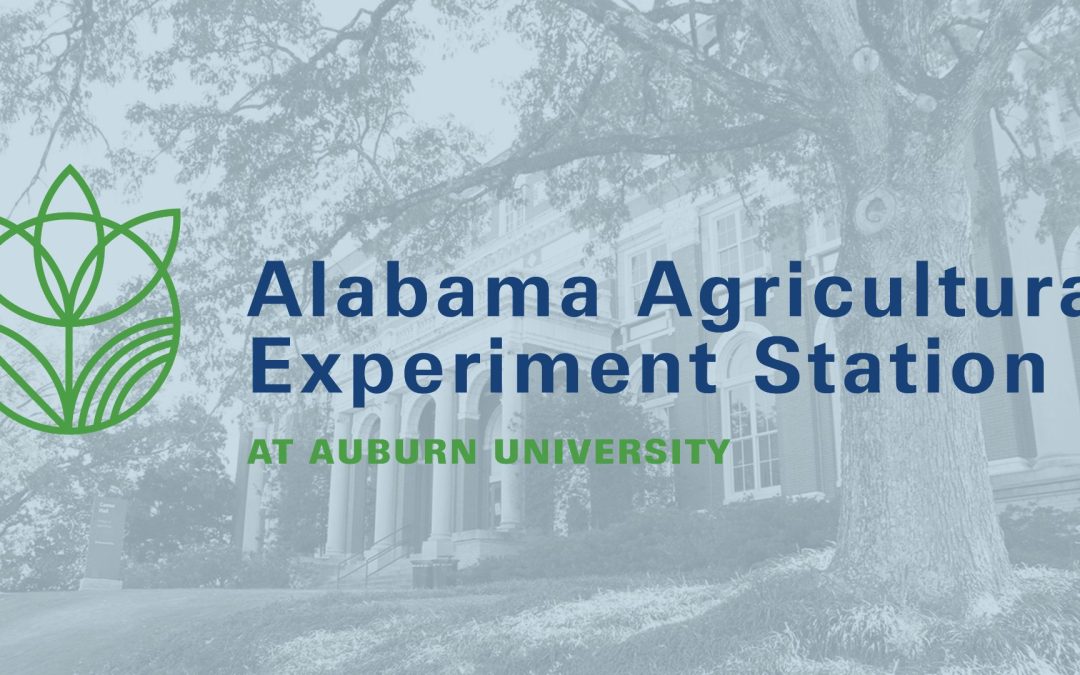
Research made possible by $300,000 USDA-NIFA grant The scale of pork production in the U. S. is such that reducing the average pig’s time on feed by just one day can put $76 million back into pork producers’ pockets. Animal scientists at Auburn University are...

The Auburn University Water Resources Center welcomed a record 370 attendees to its annual Alabama Water Resources Conference in Orange Beach Sept. 4-6. The conference has been held since 1987. This year’s conference included eighty undergraduate and graduate students...
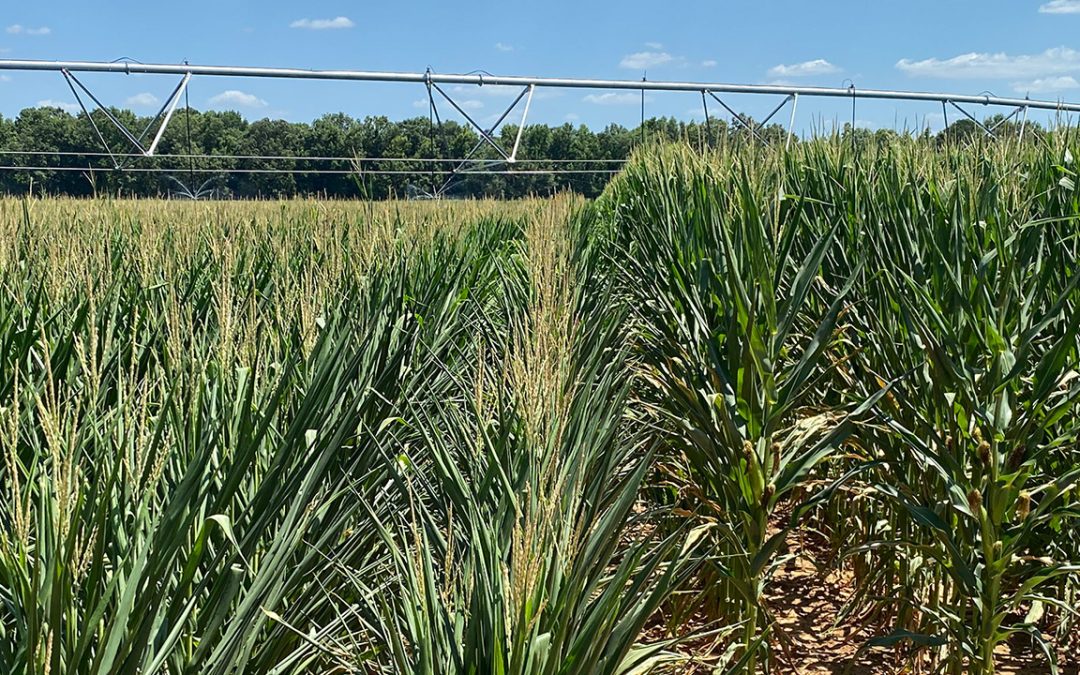
The line from the classic musical “Oklahoma” that refers to corn being “as high as an elephant’s eye” would not apply to some of the new hybrids becoming available to producers. Reduced-stature corn, also referred to as “short” corn, is a concept that has gained...

As a project manager with Auburn’s Water Resource Center, Cooley manages watershed restoration projects and educates communities on how to care for rivers, streams and creeks.
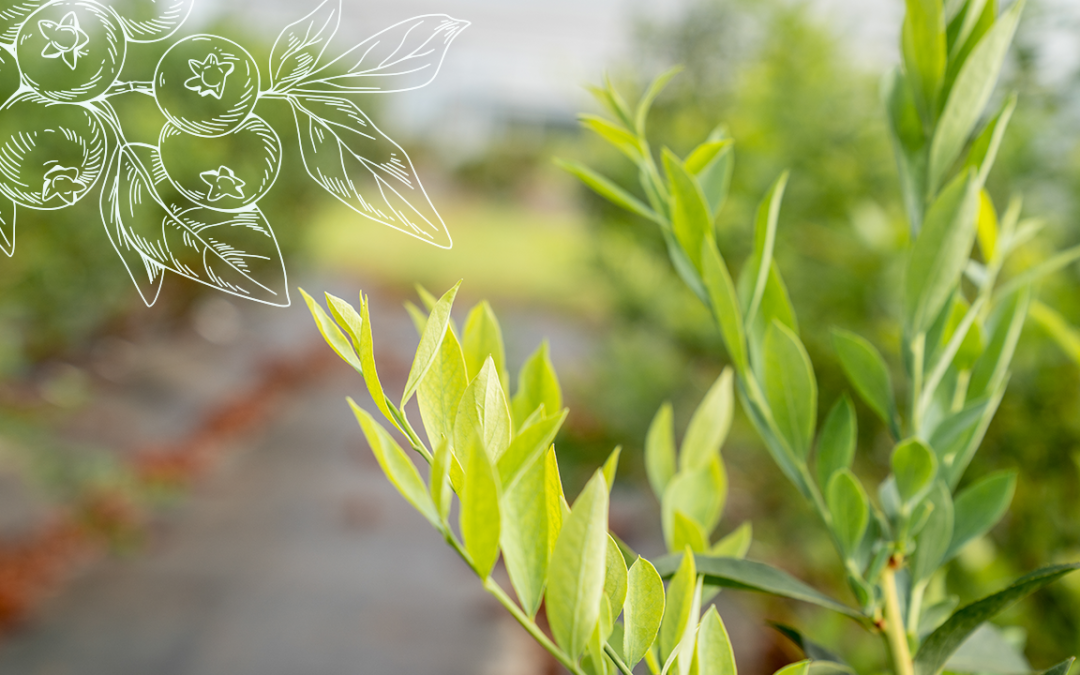
Blueberries, a superfood rich in antioxidants, vitamins, and essential nutrients, are widely celebrated during July for National Blueberry Month. Recognizing the potential within these small yet mighty fruits, researchers at Auburn University work to promote the positive health benefits of blueberries.

From seed selection to pesticide application, farmers work diligently to manage every factor that influences yield—but wildlife damage in row crops remains one of the most troublesome aspects to control. To help find solutions, assistant professor and Alabama...

There are few professions that embody a humble spirit more than being a farmhand. Whether it’s tilling the land or helping a cow deliver her first calf, the humble farmhand knows the value of manual labor but is rarely recognized for their toil and devotion. In...

In an already stressful and trying growing season, researchers at Auburn University and Alabama Cooperative Extension professionals have confirmed an invasive insect, the two-spot cotton leafhopper, in cotton fields in Alabama. The insect is also commonly known as the...

AU researchers work toward getting orally-delivered vaccines to catfish farmers

The College of Agriculture Scholarship Committee selected Alexandra “Lexie” Hare as the summer 2025 Dean’s Award recipient, recognizing her for academic excellence and service to the College of Agriculture. Hare graduated Saturday with a Bachelor of Science in...

Researchers at Auburn University recently developed new methods for safely using poultry processing wastewater for food-grade hydroponic crop production. By eliminating pathogens, like salmonella, the research team was able to use wastewater from a poultry processing...

A fierce battle is being waged between cotton and polyester, with polyester edging ahead as the most widely used fiber in the world, for now. In fact, synthetic materials account for more than half of today’s overall market share.

Double Up Food Bucks Alabama is enhancing communities by making fresh local produce more affordable and accessible at select grocery stores and farmers markets. The program is funded in part by the U.S. Department of Agriculture (USDA) with matching funds from state...

Cotton is undoubtedly one of the most recognizable plants in the world, with its heart-shaped leaves and branches that explode into powder-white fruit. But it’s also one of the more understudied field crops. “Previously, it was unclear where and which specific...

From the Coastal Plain to the Black Belt, Alabama cattle producers are utilizing forage systems to their advantage to meet the challenges of modern agriculture. Alabama ranks 17th nationally in beef cattle, according to the Alabama Cattlemen’s Association. Alabama...

As spring planting shifts into high gear in farmers’ fields throughout the Southeast, few agricultural operations come close to matching the diversity of crops and locations as the outlying units of the Alabama Agricultural Experiment Station at Auburn University....

William Batchelor has been tapped as the new director of the Auburn University Water Resources Center, effective immediately. As director, he will lead a team of scientists working with communities, farmers, governments and agencies across Alabama to improve water...

A recent study conducted by agricultural economists through the Alabama Agricultural Experiment Station examined consumers’ willingness to pay a premium for organic produce. In recent years, interest in organic produce has grown significantly; however, many...

Better breeding ability would make catfish farming more efficient and profitable The $437 million U.S. catfish industry is in need of better genetic and breeding technologies to be competitive with foreign imports. Recently, Auburn scientists have made advances in...

Is growing a cover crop on Alabama farms a solution or a problem for growers in the state who are trying to prevent soil and water erosion losses? A grant funded through the Alabama Agricultural Experiment Station research program for the current fiscal year will...

As 2024 draws to a close, Paul Patterson is stepping away from his roles as dean of the College of Agriculture and director of the Alabama Agricultural Experiment Station, effective Jan. 1. He led both to record numbers in the areas of teaching, research and outreach since he assume the positions in March 2016…

Research made possible by $300,000 USDA-NIFA grant The scale of pork production in the U. S. is such that reducing the average pig’s time on feed by just one day can put $76 million back into pork producers’ pockets. Animal scientists at Auburn University are...

The Auburn University Water Resources Center welcomed a record 370 attendees to its annual Alabama Water Resources Conference in Orange Beach Sept. 4-6. The conference has been held since 1987. This year’s conference included eighty undergraduate and graduate students...

The line from the classic musical “Oklahoma” that refers to corn being “as high as an elephant’s eye” would not apply to some of the new hybrids becoming available to producers. Reduced-stature corn, also referred to as “short” corn, is a concept that has gained...

As a project manager with Auburn’s Water Resource Center, Cooley manages watershed restoration projects and educates communities on how to care for rivers, streams and creeks.

Blueberries, a superfood rich in antioxidants, vitamins, and essential nutrients, are widely celebrated during July for National Blueberry Month. Recognizing the potential within these small yet mighty fruits, researchers at Auburn University work to promote the positive health benefits of blueberries.